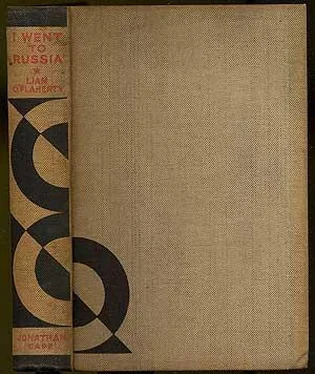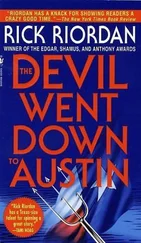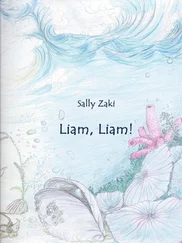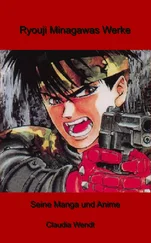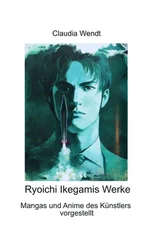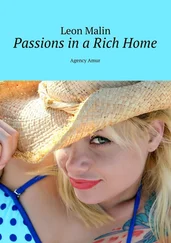‘Well then,’ I said, ‘how do you explain the suicide of Mayakovsky, if such discipline exists?’
‘We shall go,’ he said suddenly. ‘That is a question which must be discussed to-morrow. I shall think of it. Because the suicide of Mayakovsky is a serious question which I have not for myself analysed. Indeed, as I mentioned Baudelaire just now, so also is the case of Mayakovsky something which it is difficult to analyse. The situation is such. Poetry, like romantic love, is a strange disease and perhaps it is a form of insanity which cannot be organised. But in any case, we shall discuss it to-morrow, while on our way to the police office about your passport. At this moment, I should prefer to have your view as to the effect of the rise of the proletariat in England on the poetry of Shelley. Here in Russia, at this moment, we are attempting a scientific examination of world literature, with special emphasis on the role played by social movements in creating the genius of writers. I myself have written a thesis on Defoe in that relation. Now the case of Shelley is beginning to arouse my interest.’
Finally, he left me at one o’clock in the morning and I got into bed, where I fell asleep at once.
Chapter XIII. I Think things Over
There was hardly any night. And although I was very tired as the result of my long voyage and the exciting events of the day, a few hours sleep seemed to be sufficient for my body. For I awoke fresh at about four o’clock in the morning. It was broad daylight. I went to the window and looked out. The dawn was wonderful and strange, because of the city that lay before me, gleaming in the morning light, with its golden domes all shimmering. The hotel was on a height and my room was on the sixth floor, so that I could see that quarter of the city right to the very outskirts and into the flat country that lay beyond. When I leaned out and turned to the right, I could see the walls of the Kremlin and leaning a little farther I could see the Tsar’s golden eagle gleaming at the very highest point of the Kremlin buildings, surrounded by the red flags of Communism.
By virtue of its own beauty, Moscow was a magnificent sight in the dawnlight, with the sun fresh upon it. But the mind added fresh interest, by the consciousness of all the mystery and all the violent passion that lay concealed beneath those golden domes and especially within that Kremlin, where the red flags and the golden eagle stood side by side, the eagle surrounded by red flags, as by an army that had captured and caged it. And I peered at it around the corner of a window, from a height, like a scout from that Europe which, I felt sure, this mysterious power was going to destroy.
So I stood, looking out the window, brooding. Then the events of the previous day came to my mind, in a hurricane of confused impressions, in which I could find no meaning. They knew nothing, those individuals whom I had met. They knew nothing at least of the inner significance of this stupendous drama in which they were taking part; being merely camp sweepers in this great headquarters of the world revolution; or, if one would prefer to call it, this head-quarters of the most ambitious attempt at world conquest ever dreamed by man. Nay! Even those people within the Kremlin, that mass of buildings on a height, surrounded by hoary walls, with its golden eagle and its red flags and its glittering domes, truly like a city from the Bible, even they did not probably understand whither they went, or the purpose of their furious planning, working within that fortress day and night without rest. Rather were they like people under the power of a lasting drug; and that drug the blood-lust, the lust of conquest of a vast horde that came singing, shouting, dancing, moaning from the steppes, driving their leaders before them, to some goal, of which no one, neither leaders nor followers, had any definite idea. Again I heard the wailing noise of myriads as I had heard on board the ship, when the choir of children were singing at Leningrad and their voices were carried out over the sea by the electric waves.
In this strange silence of the dawn this impression assumed the qualities of magic, as of the mental state which is caused by presence in an old ruined fortress dating from unknown times, or by the ruins of an ancient city peeping through the tangled growth of forests that have sprung up among the ruins. I grew afraid and thought of the strange faces I had seen in the hotel on the previous evening, Chinese and Kurds and Tatars and Siberians from the far East, strange flat faces with dark skins and slanting eyes and hooked noses and curious ears, all utterly alien, all cut off by an immense barrier from my own consciousness. Such must have been the Mongolian hordes that swept down upon Europe with the fall of Rome.
Now the northern Russians whom I had seen in Leningrad were like blood brothers compared to these people whom I sensed about me. And yet Moscow was but the outpost of the East. All the great breeding grounds lay beyond to the East.
It is impossible to reproduce in words the strange effect produced in me by this sight, Moscow in the silence of dawn, in the fresh sunlight, with its shimmering golden domes and the Kremlin, where the golden eagle of the Tsars shone proudly within the circle of red flags.
Then I stole quietly down the stairs and into the hall where the night porter stared at me in silence, a dark-faced man who stood with folded arms, his sallow face golden in the morning light. I went out into the street. How fresh and pure the air was! I just wandered away, heedless of where I was going, up a narrow street which was cobbled and had no pavement, where there were heaps of earth and large slabs of cut granite leaning against the house walls. I moved into another street and suddenly came across a soldier, who had a rifle slung across his shoulder. He stared at me with curiosity as I went past. Wondering why he stared at me in such a manner, I heard the rattle of typewriters in a large building that occupied all one side of the street. I looked up. It was the headquarters of the Russian Communist Party. At that hour of the morning, these people were working at full speed and the armed soldier stood guard outside lest anybody might peer too closely to find out the nature of the work. I hurried away instinctively and suddenly found myself in the Red Square in front of the Kremlin. There Lenin’s Mausoleum was surrounded by a great wooden barricade and a little farther on I saw the gate of the Kremlin fortress, guarded by a soldier who slouched with his weapon in his arms, exactly like the man I had seen on the pier at Leningrad. But suddenly I saw three giant officers cross the square towards the Kremlin gate. One must have been seven feet in height and the smallest was at least six feet and a half. They wore black top boots and their swords clung close to their sides, held by their left hands. They took little short steps, hardly moving their hips or their shoulders and their heads were like the heads of Prussian officers and their faces were bronzed almost dark brown. Their immense size, their curious gait and the clanking of their spurs excited me and when they passed, as stiff as iron posts, by the sentry, who barely moved to salute them, in through the gate into the Kremlin fortress, I started as if I had seen something which it might be dangerous for me to have seen.
‘Good God!’ I thought, as I hurried past the Red Square, as far from the gate of the fortress as possible. ‘Suppose one of these giants had seen me and picked me up on the tip of his sword. Oh! My poor butlers and effeminate dandies of Western Europe! What ARE they to do when these giants pounce on them?’
I reached the Moscow river and stood on a bridge and looked up at the towers and churches of the Kremlin.
Читать дальше
